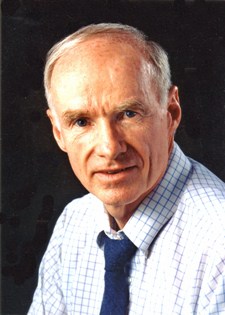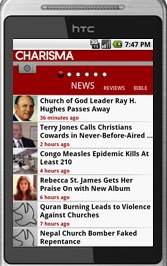by Bishop Harry R. Jackson Jr.
The need for the nation to pray about her problems would be high on my grandmother's to-do list. In fact, she often said, "Prayer changes things!" As a black woman who was also part Native American, she was very proud to achieve the status of licensed practical nurse.
She was a natural caregiver whose profession was simply an extension of the way her mother before her had lived out her faith—visiting the sick and shut-ins her church. Her generation saw America change because of a non-violent civil rights movement that was fueled by civil disobedience and the power of prayer. Her personal life also changed because of prayer and faithfulness. In fact, she lived long enough to see her four daughters and her 15 grandchildren all graduate from college. Two of us even attended a prestigious Ivy League graduate school, with one of her grandsons becoming the chief justice of the Supreme Court of Virginia.
Perhaps political liberals believe that the religious right will be emboldened or strengthened, if they are allowed to pray in public places or on special national holidays. Or maybe they believe that some form of psychological harm will befall those who are not attached to one of the many Christian denominations. Contrary to the public myths, everyone is encouraged to pray to the God of their own religious tradition. More importantly, acts of hatred, name-calling, or intolerant public jeering have never occurred at one of these prayer events.
It seems to me that the great faith of our leaders has not drawn the nation to prayer. Instead the huge needs of the nation have always driven men of faith and goodwill to pursue divine intervention. As I mused on this, I came upon a prayer offered up to God on behalf of the U.S. people in June of 1944. I have included just a snippet of this prayer:
"Almighty God: Our sons, pride of our nation, this day have set upon a mighty endeavor, a struggle to preserve our Republic, our religion, and our civilization, and to set free a suffering humanity. Lead them straight and true; give strength to their arms, stoutness to their hearts, steadfastness in their faith. read more



















